Searching
Part of series of shorter thoughts. We as a collective call these 'notes' - I call them 'Off the Tabella'.
Searching, huh.
I have a plan for these elongated Tabella scribbles. Sometimes I elaborate on their contents in my notes, but more often it happens that I just leave a key word and forget to note down the actual subject. It’s this naive belief I have in my memory – in my ability to recall the connections my mind creates between various concepts – that leads to situations where I stare at my own notes, consisting solely of cryptic one-word jots, and cannot recall what my original intention was. For example – recently I had this problem with a title in my file, “Staircase of Hogwarts,” that humbly resided in my schedule and whose original topic left me completely clueless. The good news is that, three weeks later, I finally remembered what it was about – and next week I will share it here.
But the same happened today with “Searching”. I couldn’t recall the original intention, and now I’m flooded with 34 specific ideas that could link up with this title flawlessly – leading me to write about idea number 35, which covers them all: the phenomenal ability of the human brain to connect concepts, feelings, notions and events in such a buttery-soft way, that looking at it sometimes we are left with nothing but a sensation of awe before the human mind.
The human mind – which, when alive and agile, never ceases to search. Whenever our eyes are open – we search. For sense, or otherwise – for connections. A chair? Immediate search of memory happens, putting it in context, linking it with the use, the shape, the sensation, and more. It is both fascinating and terrifying, one must admit. This is also the reason why logic is such a… flawed part of our thinking. Because logic and its “correctness” is (as we know), more than anything, incredibly contextual. And since essentially everything – all our consciousness – is one with the world (as originally said by Parmenides and recently re-introduced by quantum physics), it’s not surprising to see that there is always a way to link anything together.
The only thing that helps us digest such a reality is the context of each of these connections. And this, as always, just underlines the importance of the latter for every. single. aspect. of. our. discourse.
Nothing is just a word. Nothing is just a look. Nothing is “just.” Everything is a result of the search for a connection – mental, psychological, physical, or else.
And context – for which we endlessly long – is a proverbial compass of meaning, of “truth” and “narrative.” However, unlike real compasses, the proverbial one can often have its arm glued to point at north despite its actual orientation. Context is something very few of us are taught to identify – even though it is the most faithful tool of manipulation in our society, politics, and day-to-day actions.
So yes – our minds search. Constantly. But that search is fragile. The frame we use as part of it is made of smoke. And many people today have no ability to hear its smell in order to see if it is foul.
Which is why, even now, when I write down just one word – searching – I know it only becomes real when I find the right context for it, one out of the 35 that came to mind. And it’s why my heart endlessly aches when I sense the foul odour of contexts that manipulate the “truths” we encounter every single day.
Today it is a thought, as always without a conclusion, but it is a thought that inspired me to combine a reading list that I think relates to this subject rather quaintly.
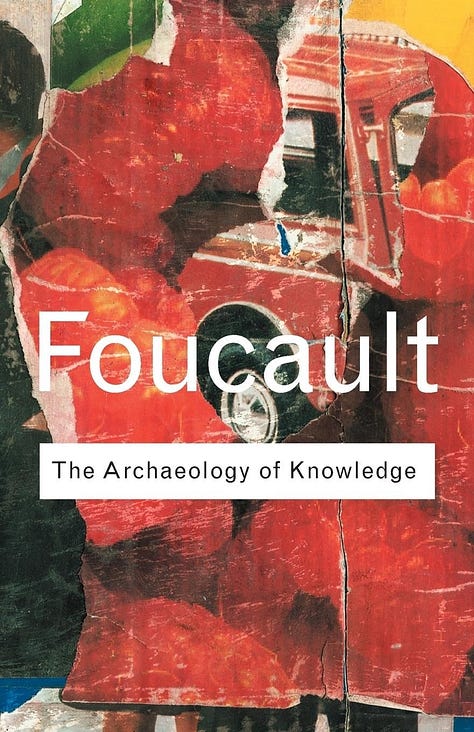
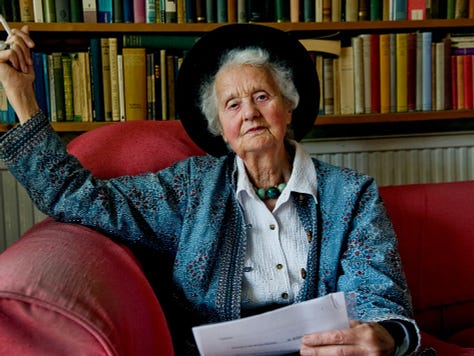
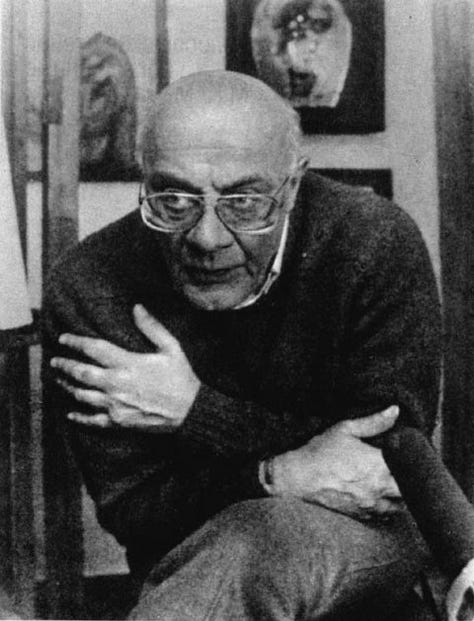
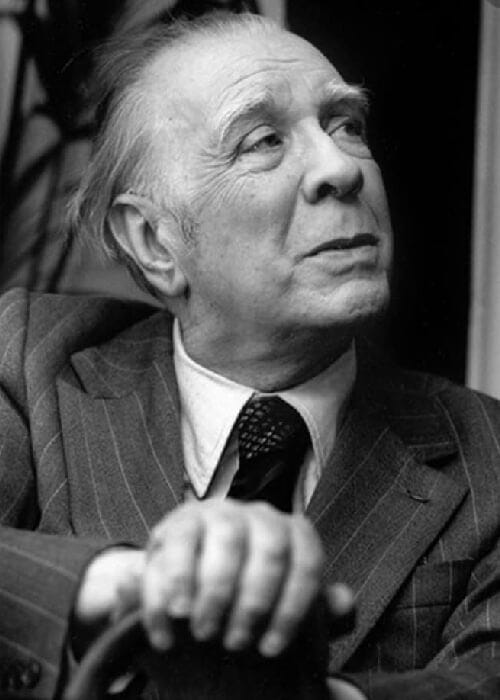
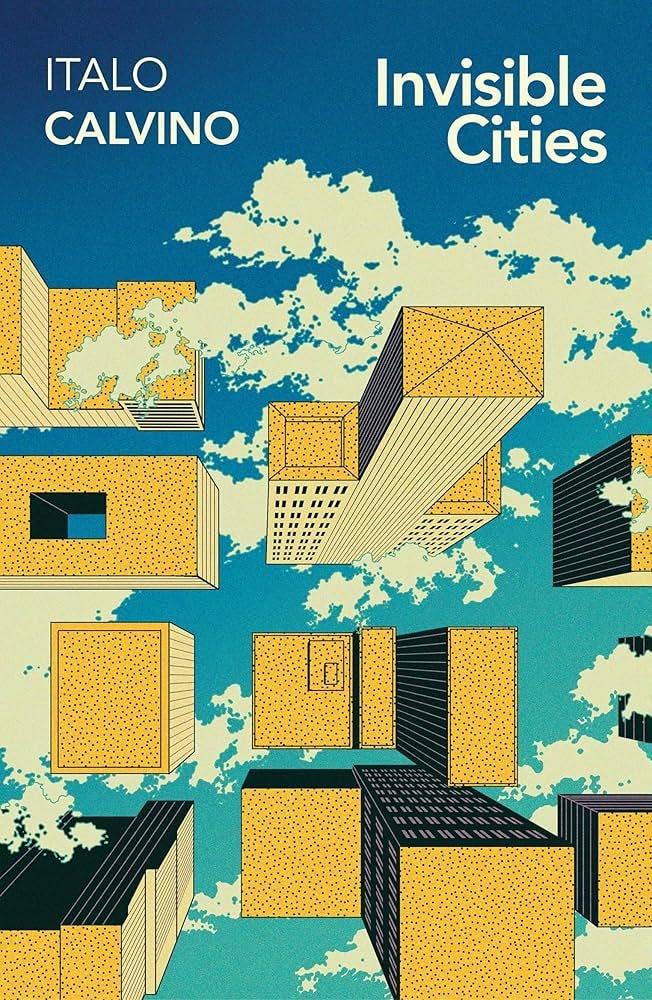
Jorge Luis Borges – “Labyrinths” or anything else.
He is brilliant at showing how meaning is constructed (and deconstructed) through context and perspective.
Merab Mamardashvili – Absolutely anything by him is great.
He offers a bridge between continental philosophy, phenomenology, and a literary, poetic sensibility - my personal favourites are his lectures on antique philosophy.
Italo Calvino – “Invisible Cities”
Just pure delight to go through, I have nothing more to add. Just “ugh, so good”.
Mary Midgley – “Wickedness”
She touches upon psychological underpinnings of moral decisions and also how context influences behaviour and justification.
Michel Foucault – “The Archaeology of Knowledge”
A dense but rewarding read on how meaning, discourse, and knowledge are structured through historical context.



